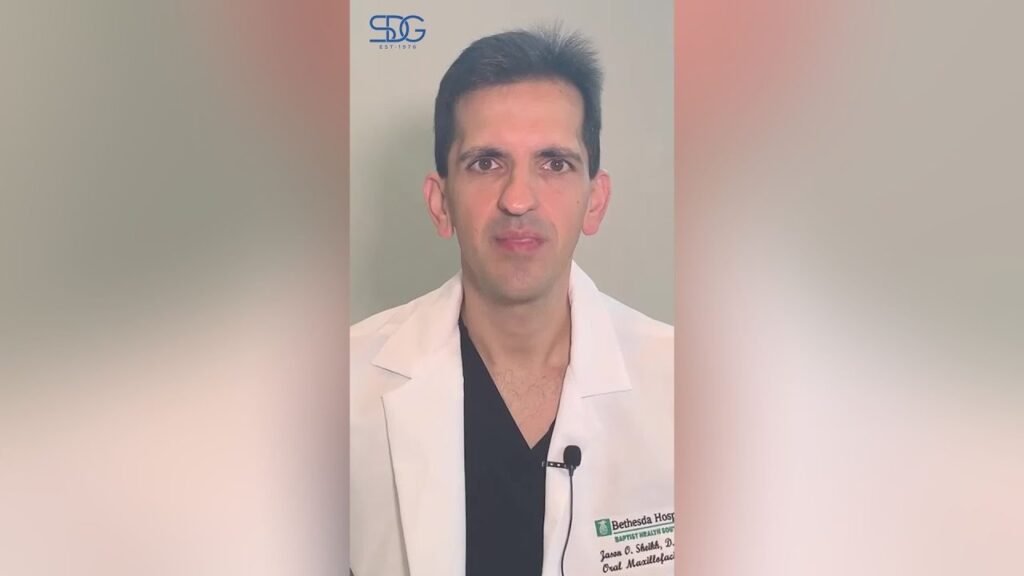Signs of Wisdom Teeth: How to Know If Yours Are Coming In

Are you experiencing discomfort in the back of your mouth? Curious if those pesky molars are finally making an appearance? In this article, we'll explore the telltale signs of wisdom teeth eruption and how to determine if you have them. Stay tuned to learn more about this common dental milestone.
At what age do wisdom teeth come in?
Wisdom teeth, also known as third molars, usually emerge between the ages of 17 and 24, although some may experience them earlier or later. Despite the variations in timing, the appearance of wisdom teeth is a natural and common occurrence in adulthood.
What are the first signs of wisdom teeth coming in?
One of the initial indicators of wisdom teeth emerging is the presence of tenderness or discomfort at the rear of your mouth, possibly on one or both sides. It's akin to adult teething, with swollen gums being another common symptom.
Can wisdom teeth be present without the individual being aware of them?
Yes, it is possible to have wisdom teeth without knowing. Impacted wisdom teeth, which are unable to fully emerge through the gums, may not always cause noticeable symptoms. However, when these impacted teeth become infected or start to damage other teeth, symptoms such as red or swollen gums, tender or bleeding gums, and other dental problems may arise. It is important to regularly visit a dentist for check-ups to monitor the development and potential issues with wisdom teeth.
While some individuals may have wisdom teeth without experiencing any symptoms, it is crucial to be aware of potential signs of trouble. Even if you are not currently experiencing any discomfort, it is advisable to schedule regular dental appointments to ensure that impacted wisdom teeth are not causing any underlying issues. By staying proactive and seeking professional dental care, you can address any potential problems with wisdom teeth before they worsen and prevent future complications.
Recognizing the Telltale Signs of Wisdom Teeth
Are you experiencing jaw pain, swelling, or difficulty opening your mouth fully? These could be telltale signs that your wisdom teeth are causing issues. Wisdom teeth, also known as third molars, typically emerge during the late teenage years or early twenties and can often lead to overcrowding or misalignment of the other teeth. If you are experiencing any of these symptoms, it is important to consult with your dentist to determine if your wisdom teeth need to be removed to prevent further complications. Don't ignore the signs - recognizing and addressing the issue early can help prevent future dental problems.
Are Your Wisdom Teeth Making an Appearance?
Are you experiencing discomfort or pain in the back of your mouth? It could be a sign that your wisdom teeth are starting to come in. Wisdom teeth, also known as third molars, typically begin to emerge in late adolescence or early adulthood. This can cause crowding and misalignment of your other teeth, leading to potential dental issues if left untreated. If you are experiencing any symptoms such as swelling, pain, or difficulty opening your mouth, it's important to consult with a dentist to determine if your wisdom teeth are making an appearance.
Don't ignore the signs of your wisdom teeth emerging – seek professional guidance to prevent potential dental problems. With the help of a dentist, you can address any discomfort and ensure that your oral health remains in top condition. Early intervention can prevent complications and help you maintain a healthy, beautiful smile. Don't let your wisdom teeth cause unnecessary pain – take action and schedule a consultation today.
Understanding the Symptoms of Incoming Wisdom Teeth
Are you experiencing pain or discomfort in the back of your mouth? These could be symptoms of incoming wisdom teeth. Wisdom teeth, also known as third molars, typically emerge in your late teens or early twenties. Common signs of incoming wisdom teeth include jaw pain, swollen gums, and difficulty opening your mouth fully. It is important to consult with a dentist if you are experiencing any of these symptoms to prevent complications such as overcrowding or infection.
As your wisdom teeth begin to erupt, you may also notice a sensation of pressure in your mouth and potential shifting of your existing teeth. It is crucial to address these symptoms promptly to avoid potential dental issues in the future. By understanding the symptoms of incoming wisdom teeth and seeking professional guidance, you can ensure proper care and maintenance of your oral health.
If you suspect that your wisdom teeth are causing issues, it's important to consult with a dentist for a thorough examination. Signs such as pain, swelling, or difficulty opening your mouth could indicate problems with your wisdom teeth. Early detection and treatment can help prevent further complications and ensure optimal oral health. Don't hesitate to schedule an appointment with your dentist to address any concerns and determine the best course of action for your wisdom teeth.